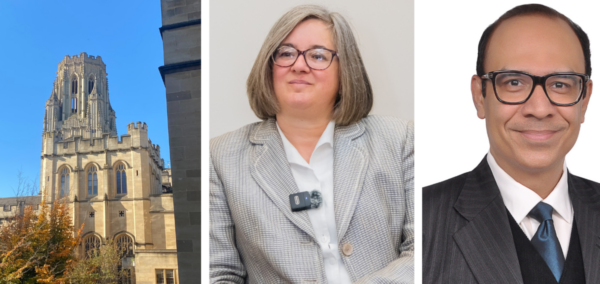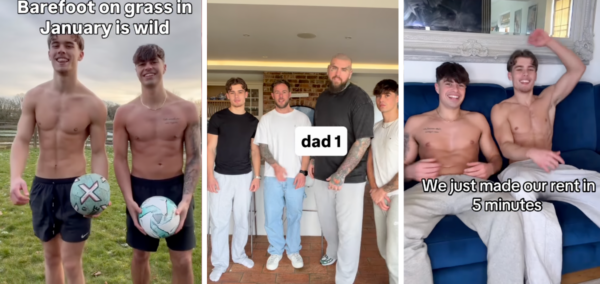Ranked: The degree subjects where you’re most likely to end up unemployed after uni
Is it too late to change??
Being a grad looking for a job after uni truly is the trenches. You’ve just gone from living with your best mates for three years, barely going to your lectures, going out four times a week and getting up whenever the hell you like and now you’re probably sitting in your childhood bedroom doom-scrolling on Indeed just BEGGING for someplace to hire you.
But did the choice you made on those pesky UCAS forms all those years ago as to what to study actually bring you here right now? As in which degrees are worst for unemployment after uni? Well, EssayPro has analysed data from the Higher Education Statistics Agency (HESA) to find out which degrees have the highest employability percentage. It surveyed grads 15th months after leaving uni and found that the UK national average for grads in full-time employment is 57 per cent.
The degree with the lowest percentage of students in a full time job after uni is historical, philosophical and religious studies – so basically any degree like history, philosophy or theology. A total of 43 per cent of students were found to be in full-time employment 15 months after graduating. 13 per cent of these students worked a part time job, 12 per cent were waiting for further stuff and 5 per cent were fully unemployed. This is closely followed by both design, creative and performing arts and language studies, both with a 44 per cent employment rate.
So, these are the uni degree subjects where you’re most likely to end up unemployed after graduating:

10. Computing – 61 per cent of students in full time employment
9. Business and management – 60 per cent of students in full time unemployment
Most Read
8. Agriculture, food and related studies – 56 per cent of students in full time employment
7. Maths – 55 per cent of students in full time employment
=7. Geography = 55 per cent of students in full time employment
=7. Social sciences – 55 per cent of students in full time employment
=7. Law – 55 per cent of students in full time employment
=7. Media, journalism and communications – 55 per cent of students in full time employment
6. Psycical sciences – 52 per cent of students in full time employment
5. Psychology – 50 per cent of students in full time employment
4. Biological and sport sciences – 48 per cent of students in full time employment
3. Combined and general studies – 47 per cent of students in full time employment
2. Language and area studies – 44 per cent of students in full time employment
=2. Design, and creative and performing arts – 44 per cent of students in full time employment
1. Historical, philosophical and religious studies – 43 per cent of students in full time employment
Related stories recommended by this writer:
• These are the grads with the most outrageous amounts of student debt in the UK right now
• Revealed: The Russell Group unis churning out the most Forbes 30 Under 30 winners in 2024
• These are the unis you need to go to if you want to earn more than Russell Group grads

















